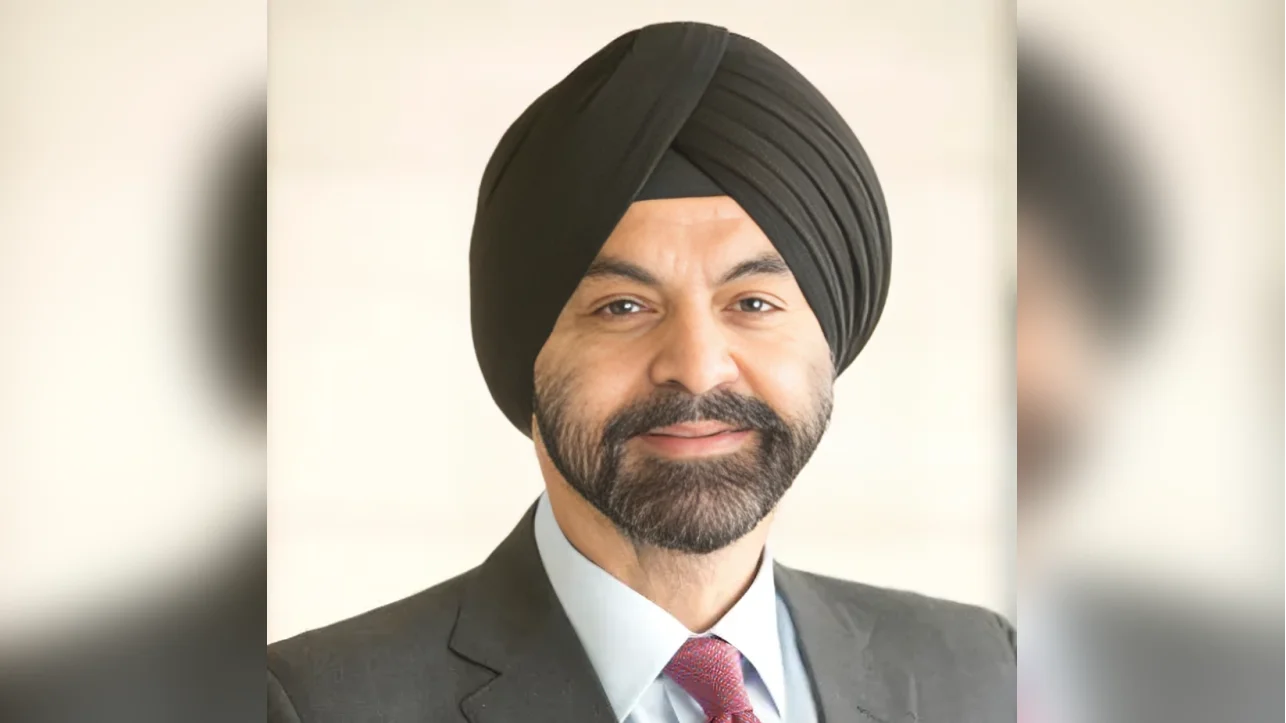The World Bank's Board of Executive Directors has approved a $257.8 million financing package to enhance water supply services in the Greater Beirut and Mount Lebanon area. This initiative, known as the Second Greater Beirut Water Supply Project (SGBWSP), aims to complete essential water infrastructure, improve water quality, reduce dependence on costly private sources, and implement reforms for greater efficiency and sustainability in the water sector.
Lebanon, despite high precipitation levels compared to other MENA region countries, struggles with water shortages due to seasonal rainfall concentration and inadequate surface water storage. Climate change poses additional challenges by potentially reducing dry-season water availability by half by 2040 while increasing floods and droughts. The country's recent crises have further complicated development efforts, impacting planning and maintenance of water infrastructure.
Building on the first Greater Beirut Water Supply Project's progress, SGBWSP will finance the completion of bulk water infrastructure and repair conflict-damaged facilities. It also includes enhancements to the Wardanieh Water Treatment Plant to address pollution concerns throughout the year. The project targets increased coverage for 1.8 million residents in Greater Beirut and Mount Lebanon, aiming to reduce reliance on expensive private tankers by boosting surface water supply during dry seasons from 24% to an average of 70%.
Jean-Christophe Carret, World Bank Middle East Country Director, stated: "The Second Greater Beirut Water Supply Project reflects the World Bank’s continued commitment to support Lebanon’s long-term development needs, despite the recent conflict and recurrent crises." He emphasized that this project aligns with strategic priorities for social protection support while promoting climate-resilient investments.
Additionally, SGBWSP supports ongoing reforms within Lebanon's Ministry of Energy and Water as part of its National Water Sector Strategy (NWSS) 2024-2035. This includes improved groundwater regulation through new decrees and tariff adjustments amid currency devaluation challenges. The project aids efficiency measures at Beirut and Mount Lebanon Water Establishment (BMLWE), focusing on reducing losses, digitalizing processes, enhancing billing systems, and improving operational management practices.
These efforts are expected to benefit BMLWE customers indirectly by addressing inefficiencies that hinder financial recovery while ensuring future public service reliability. The sectoral reforms aim for reduced external financing dependency over time with close coordination among development partners active in Lebanon's water sector.

